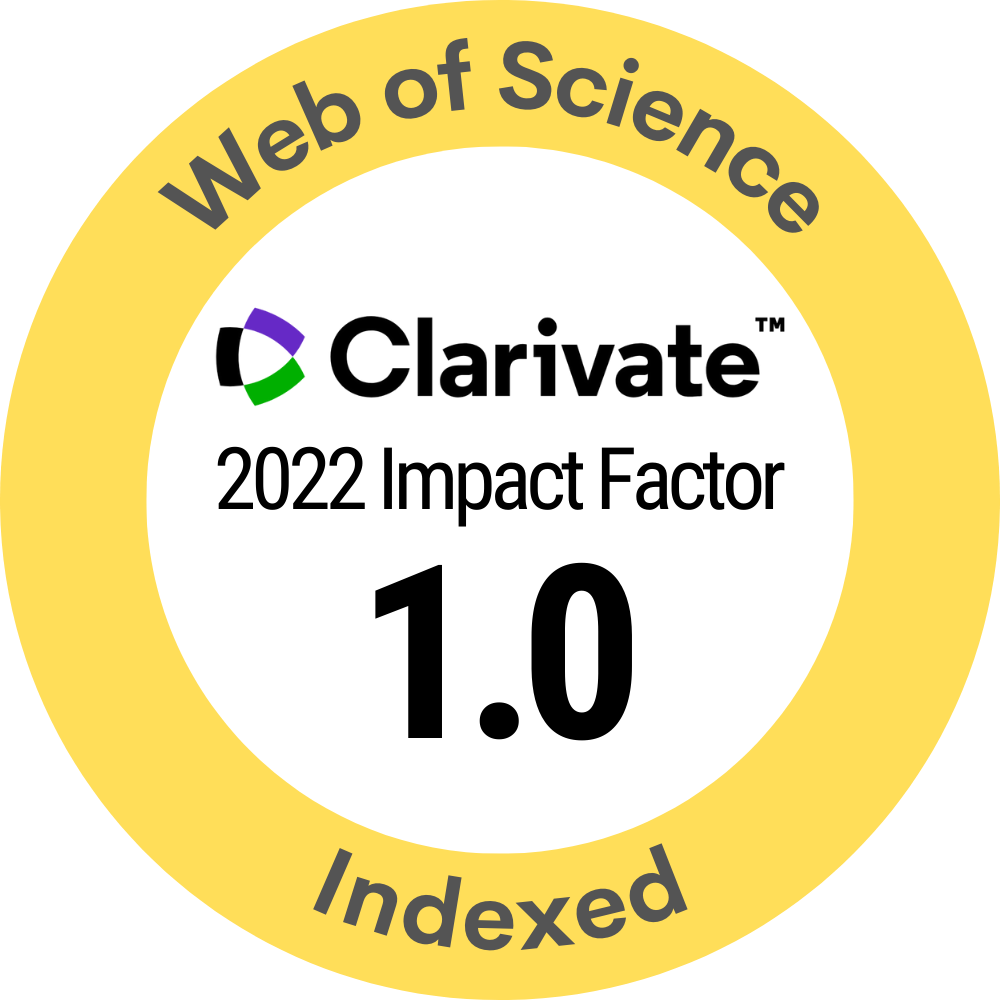Modeling and Simulation of a Battery/Supercapacitor Hybrid Power Source for Electric Vehicles
DOI:
https://doi.org/10.15282/ijame.21.2.2024.1.0864Keywords:
Electric vehicle, Hybrid power source, Genetic algorithmAbstract
Environmental protection and energy conservation have become highly concerning themes. In the transportation field, green electric vehicles (EVs) are rapidly being promoted and applied, and power sources, as one of the core technologies, greatly affect the working performances of EVs. Currently, a single battery power supply is the mainstream configuration for EVs, but the instantaneous/short-term high-power output required by the battery for vehicle working conditions has a serious impact on the service life of the battery. As an effective solution, the battery/super-capacitor (SC) hybrid power source (HPS) has attracted increasing attention. This article proposes an improved semi-active battery/SC HPS, which can achieve multiple operating modes and fully utilize the advantages of the two power sources to effectively protect the battery. A fitness function is established with the optimization objective of minimizing the HPS cost and the number of cells in SC and battery as control variables. A genetic algorithm (GA) is adopted to optimize the HPS configuration based on the power required of the New European Driving Cycle (NEDC) working condition. The optimized number of battery cells is 777, much smaller than the 1191 calculated based on theoretical formulas. Additionally, a logic threshold strategy is introduced to flexibly control the collaborative work of the two power sources and achieve effective energy management. The availability of the presented control method of HPS in various working modes is verified through MATLAB/Simulink-based modeling and simulation. This work provides a theoretical reference for the application research of HPS in EVs.
Downloads
Published
Issue
Section
License
Copyright (c) 2024 The Author(s)

This work is licensed under a Creative Commons Attribution-NonCommercial 4.0 International License.







